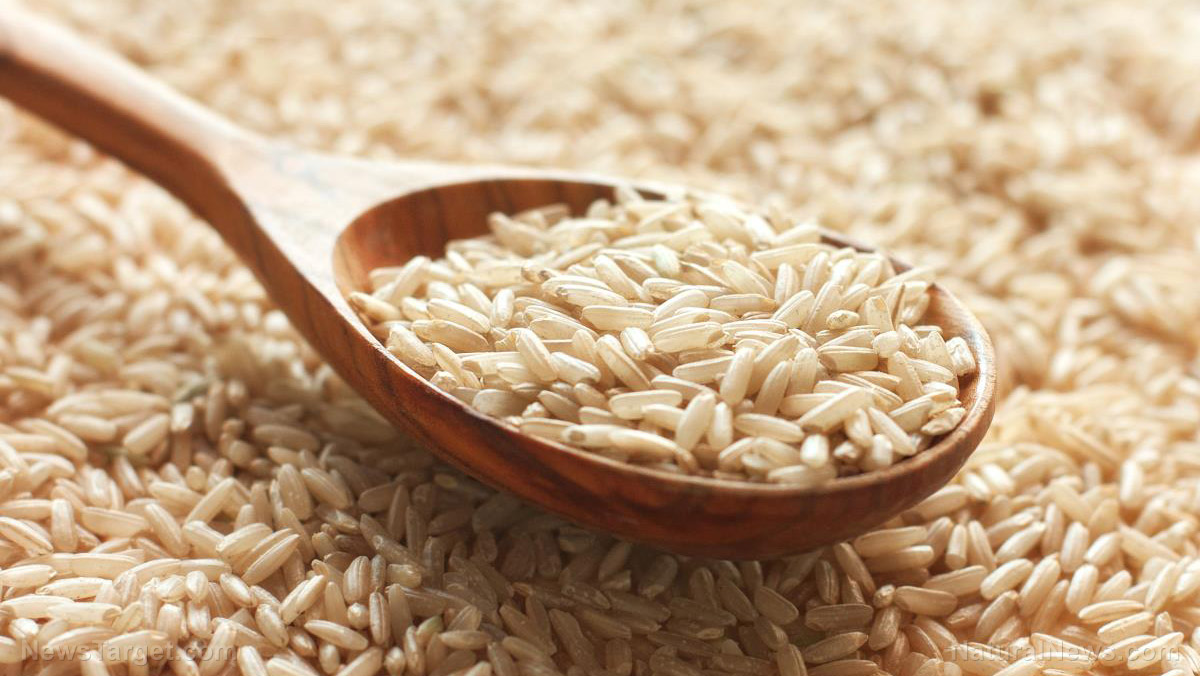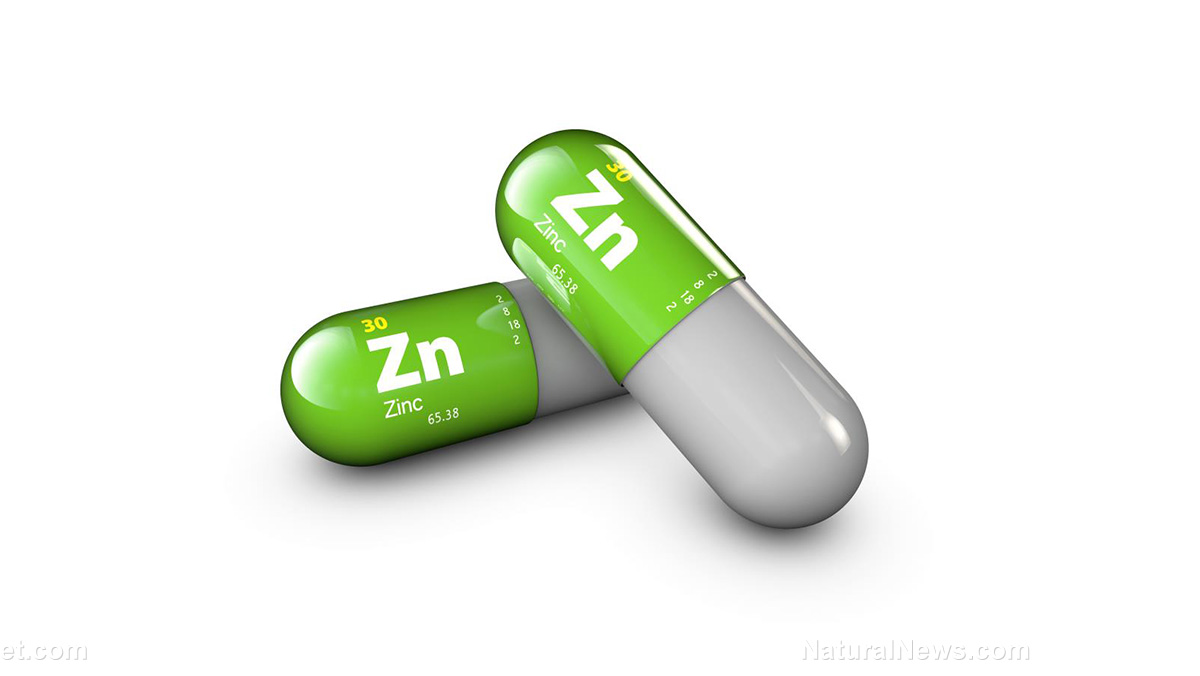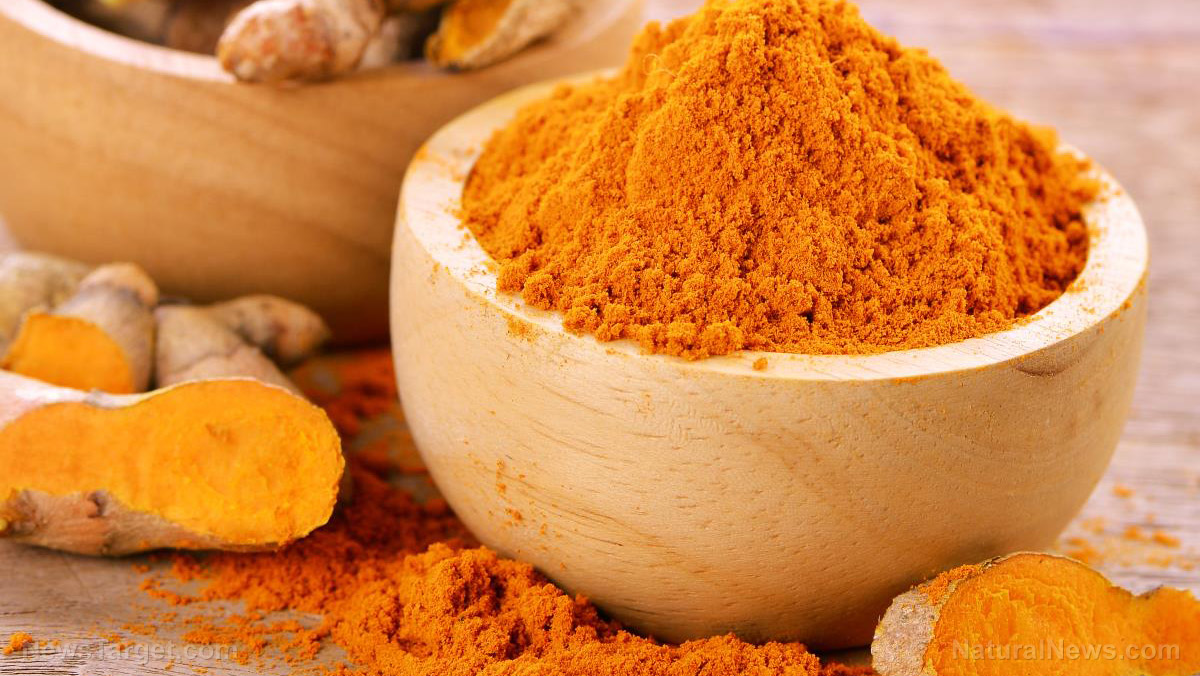Losing one’s eyesight and knowing that the damage is reversible is one thing. Losing one’s vision and learning that it will never come back is more devastating.
The second scenario affects more than 10 million Americans living in the U.S. The number is expected to balloon to almost 22 million by 2050. The figures are just as intimidating for the rest of the world, where 196 million people are projected to develop macular degeneration by 2020.
Age-related Macular Degeneration (AMD) causes irreversible blindness because it involves the destruction of light-sensitive cells at the center of the retina – an area called the macula. The disease comes in two forms. Wet AMD involves bleeding and leaking or hemorrhaging of blood vessels under the macula. This leads to the accumulation of fluid in the said area. This form of macular degeneration can be treated — though not cured — with routine eye injections and possibly laser treatment.
Dry AMD, on the other hand, involves the gradual thinning and breaking down of the macula. The tissue of the macula gradually thins and breaks in the case of dry AMD. Scientists have not found any treatment for this so far. All eye care professionals can do is recommend antioxidants (or antioxidant supplements) to slow down the progress of the disease.
Besides advanced age, smoking, and family history, poor diet is a risk factor in developing AMD.
Dr. Malav Joshi,an ophthalmologist at The Krieger Eye Institute warns that a diet rich in fat and cholesterol raises the risk of developing macular degeneration. He adds that fruits, greens, and fish packed with omega-3 fatty acids and antioxidants can also do wonders for one’s vision.
Joshi’s colleague, Dr. Nancy Kunjukunju, M.D. gets even more specific. She states that a heart-healthy diet and lifestyle are essential for those who are afraid of getting AMD because the disease runs in the family. Dr. Kunjukunju explained that since age impairs the body’s ability to get rid of the free radicals that enter the body, older adults need more antioxidants to catch these harmful substances and eliminate them from the system. This is why eye care specialists recommend antioxidants to slow down the progress of dry AMD, which takes years, or a long time to develop.
Kunjukunju suggests spinach, kale, salmon, and blueberries to fight AMD. Vitamin C, zinc, vitamin E and lutein also lower the risk of developing eye problems.
As for eye supplements, Joshi advises patients to approach these with caution. The ophthalmologist says patients should consult their eye care doctor first because these supplements may not be good for everyone.
It’s best to nip health problems, including eye-related ones, in the bud, even before age catches up on the body. Young people whose work requires daily exposure to the computer screen can protect their eyes naturally by simply staring at the sunrise or sunset. Don’t look at the sun directly, but around it. This method of boosting the oculo-endocrine system lets the visible light bands stimulate the part of the retina that produces vision. The bands of invisible light, on the other hand, stimulate nearby epithelial cells that protect the eyes. Try looking above the sun while blinking for three to five seconds. Repeat the process while looking to the left and right side of the sun, as well as below it. Hopefully, you can protect these s0-called windows to the soul that help us live life to the fullest.
Read more articles on how to naturally care for your body at Cures.news.
Sources include:
Newswise.com
BrightFocus.org



















